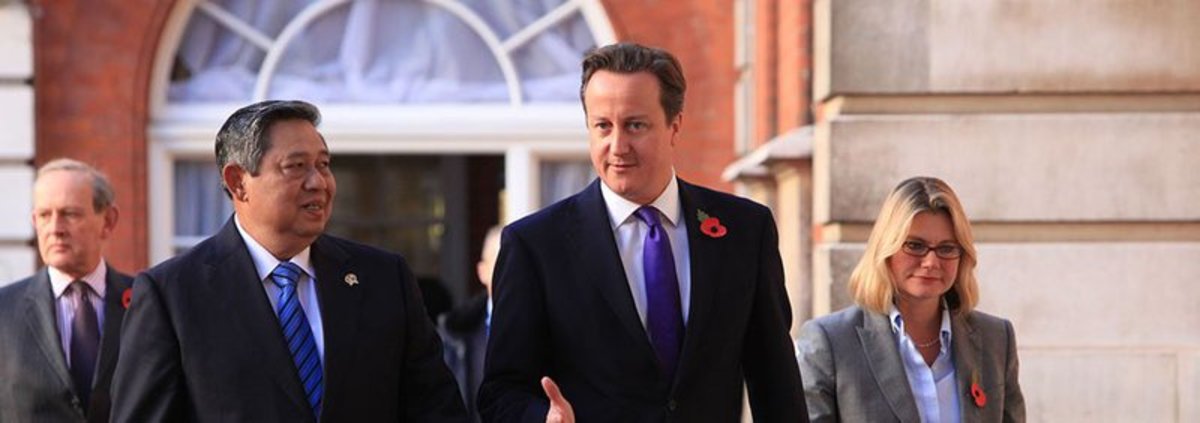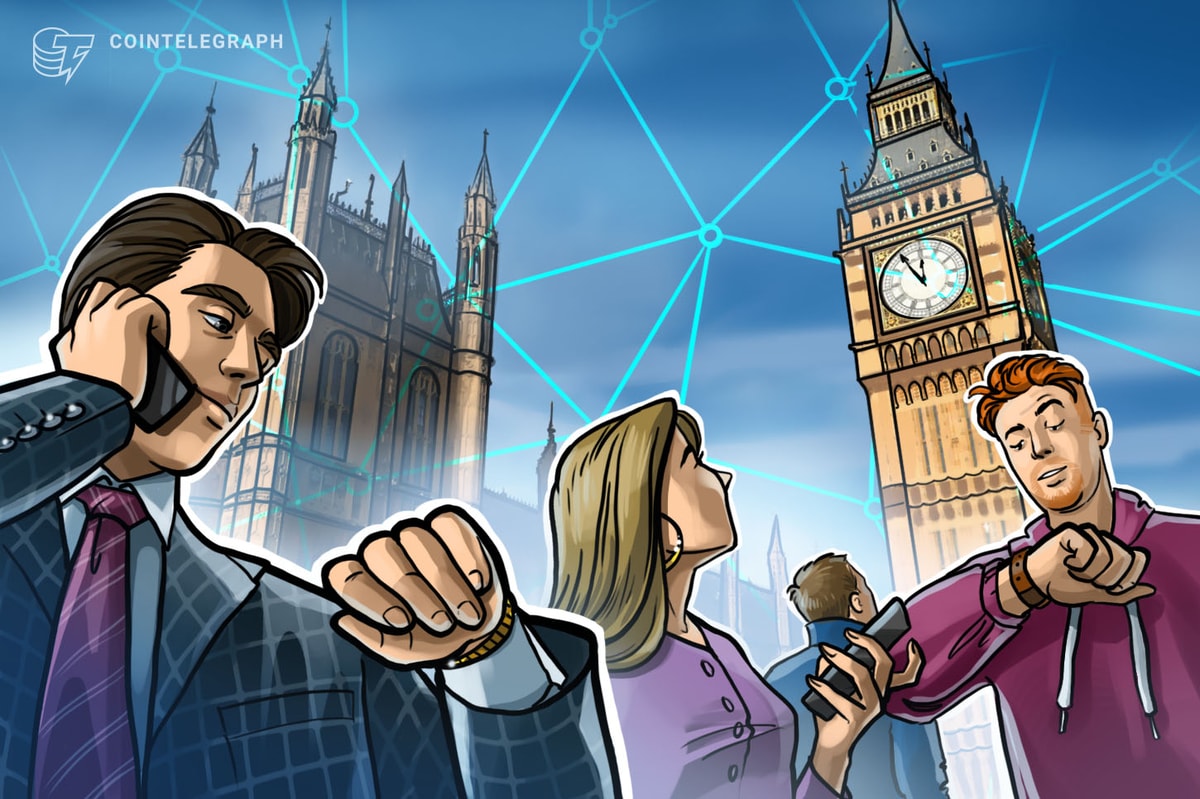
British Prime Minister David Cameron said that his government intends to ban strong encryption, UK’s leading political news website politics.co.ukreports.
In reply to Tory Member of Parliament Henry Bellingham, who asked the prime minister whether the attacks in Tunisia meant it was time companies such as Google, Facebook and Twitter understand that their current privacy policies are completely unsustainable, Cameron said that the security services must always be able to spy on online communications.
“Britain is not a state that is trying to search through everybody’s emails and invade their privacy,” said Cameron. “We just want to ensure that terrorists do not have a safe space in which to communicate. That is the challenge, and it is a challenge that will come in front of the House. We have always been able, on the authority of the home secretary, to sign a warrant and intercept a phone call, a mobile phone call or other media communications, but the question we must ask ourselves is whether, as technology develops, we are content to leave a safe space – a new means of communication – for terrorists to communicate with each other. My answer is no, we should not be, which means that we must look at all the new media being produced and ensure that, in every case, we are able, in extremis and on the signature of a warrant, to get to the bottom of what is going on.”
Cameron revealed that the government plans to bring forward its draft investigatory powers bill in the autumn. The planned ban on strong encryption caused angered reactions from IT and social media companies, and an innovative U.K. social platform developer has already announced its intention to leave the country for good. Earlier this year, legendary Internet activist Cory Doctorow ofBoingBoing fame denounced and ridiculed a previous announcement of Cameron’s plans.
“David Cameron doesn’t understand technology very well, so he doesn’t actually know what he’s asking for,” said Doctorow. “For David Cameron’s proposal to work, he will need to stop Britons from installing software that comes from software creators who are out of his jurisdiction. The very best in secure communications are already free/open source projects, maintained by thousands of independent programmers around the world.”
He added that the proposed plan is already in place in countries such as Syria, Russia and Iran, and none of these countries have had much luck with it.
Readers of Bitcoin Magazine may be wondering how to put together the U.K. government’s staunch opposition to strong encryption and its growing open-mindedness about Bitcoin, which is built upon – guess what – strong encryption.
In March, the U.K. government decided to fund research in digital currencies and published a document recognizing their benefits. The government’s document noted that in addition to reducing the costs involved in moving money around the economy, digital currencies can speed up transaction processing times – the cost and time advantages of digital currencies being most notable in the context of cross-border transactions.
How can the U.K. authorities like Bitcoin and hate strong encryption?
The answer is that they don’t like Bitcoin. While the U.K. and other governments are recognizing that a “sanitized” version the blockchain technology can offer tangible and important benefits, they remain strongly opposed to the libertarian, anti-establishment aspects of Bitcoin. They could well adopt selected elements of the blockchain technology for official use someday, but they would take all privacy-friendly aspects out.
Photo Foreign & Commonwealth Office/Patrick Tsui










